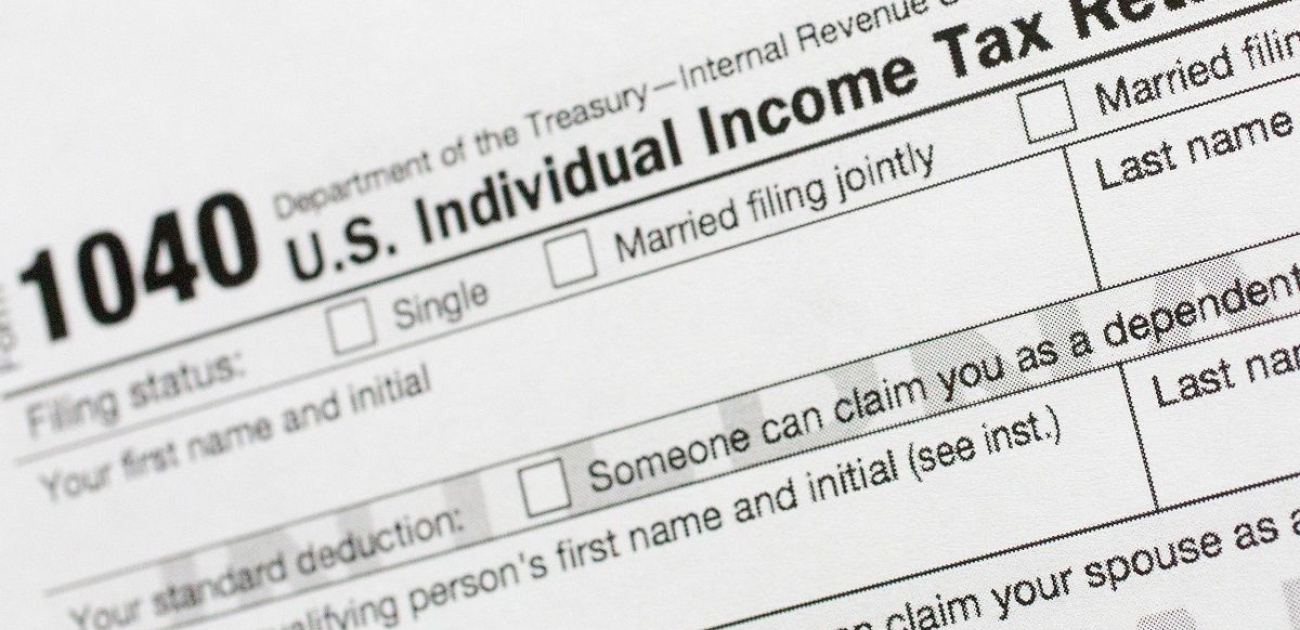Taxpayers Who Took Required Minimum Distributions in 2020 May Be Able to Return Them To A Retirement Account
The IRS recently released Notice 2020-51, which provides further taxpayer-friendly guidance for the treatment of required minimum distributions paid from retirement accounts in 2020. Taxpayers who took payments from retirement accounts in 2020 that would otherwise be treated as required minimum distributions now have the opportunity to roll those distributions back into a plan by August 31, 2020, and avoid ordinary income tax on the distributions.
By way of background, individual retirement accounts and defined contribution plans generally have to make required minimum distributions (“RMDs”) to account owners or their beneficiaries. An account owner must begin taking RMDs upon reaching the “required beginning date.” An IRA owner needs to begin taking withdrawals by April 1st of the calendar year following the year in which the owner reaches age 72 (or age 70 ½ before 2020). The owner of a 401(k) can delay beginning withdrawals until his or her retirement, if later than the time when he or she reaches age 72 (or age 70 ½ before 2020). Distributions from traditional IRAs and 401(k)s are taxed as ordinary income, so the required beginning date and the RMDs are the mechanisms by which a traditional retirement account is taxed.
Certain kinds of payments to an account owner or the owner’s spouse are not included in gross income and are not subject to tax if they are rolled over into another eligible retirement plan within 60 days of receipt. This can occur when an employee leaves a job and rolls over a workplace 401(k) into an IRA or when a surviving spouse rolls over an account inherited from a deceased spouse. Under normal rules, an RMD is not eligible to be rolled over. Further, a taxpayer normally is eligible only to do one rollover in a 12 month period.
The CARES Act was enacted on March 27, 2020, as part of the government’s response to the COVID-19 pandemic. Many of the Act’s provisions are designed to boost the economy or to provide an economic benefit to individuals. Section 2203 of the Act waives the need for account owners and beneficiaries to take RMDs from defined contribution plans and IRAs for 2020.
Some taxpayers took RMDs for 2020 prior to the enactment of the CARES Act, but they may not have done so had the requirement to take withdrawals been suspended earlier in the year. Notice 2020-51 aids these taxpayers by offering the following relief:
- The owner or beneficiary of an IRA who received an RMD in the calendar year 2020 may repay the distribution to the distributing IRA on a tax-free basis, even if the repayment occurs more than 60 days after the distribution, if the repayment occurs by August 31, 2020.
- The repayment of a 2020 RMD to an IRA will not count against the rule that normally permits only one IRA distribution to be rolled over during a 12-month period.
- Distributions from a qualified plan to a plan participant paid in 2020 (or paid in 2021 for the 2020 calendar year in the case of an employee who has a required beginning date of April 1, 2021) may be rolled over into an eligible retirement plan if those distributions otherwise would have been treated as RMDs in 2020 (or for 2020). Also, for a plan participant with a required beginning date of April 1, 2021, distributions that are paid in 2021 that would have been an RMD for 2021 may be rolled over. These rules do not apply to defined benefit plans. The rollover must occur within 60 days of receipt or by August 31, 2020, whichever is later.
For those who do not need the cash, Notice 2020-51 allows taxpayers to return unwanted RMDs for 2020 to their retirement plans without having to pay income tax on the distributions. The deadline for taking advantage of this relief is fast approaching, so interested taxpayers should act quickly.
Do you want more information?
 Matthew Hillery
Matthew HilleryMatt Hillery is a trusts & estates lawyer. His practice focuses on estate and tax planning for wealthy individuals and families, trust and estate administration, the formation and operation of nonprofit charitable organizations and issues relating to charitable giving.

